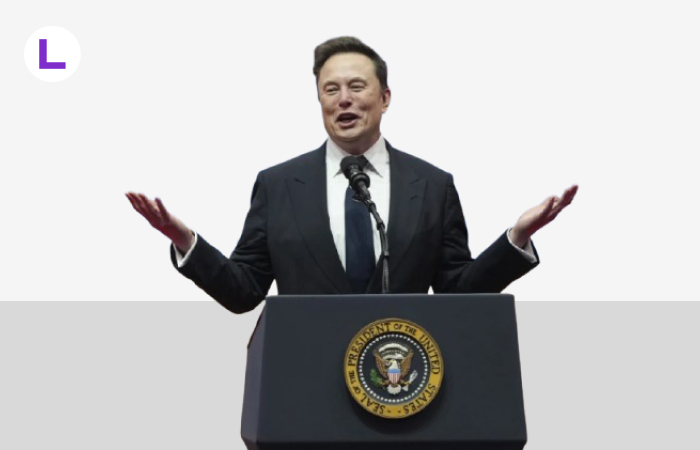Slate Auto, an electric vehicle startup supported by Amazon founder Jeff Bezos, is setting its sights on transforming the EV space with a fresh idea: affordable, buildable electric trucks. At its trial facility in Michigan, Slate has already put together more than 70 test vehicles.
These trucks are compact two-door, two-seat models that can be adapted into SUV-like shapes. They’re designed to be minimalistic — think manual windows, no digital screens, and easy-to-swap body parts. This no-fuss approach helps keep production costs low and makes the vehicles more budget-friendly.
CEO Chris Barman and Head of Engineering Eric Keipper — both formerly with Fiat Chrysler — say the aim is to build a reliable, straightforward EV for regular drivers. The price tag? Under $20,000 before federal tax credits. The trucks use composite materials and fewer parts to make manufacturing more efficient.
So far, the company has pulled in over 100,000 reservations, each secured with a $50 deposit. To continue expanding, Slate is now seeking more funding through its Series C round, after previously locking in $700 million in investments.
A large production plant is also underway in Warsaw, Indiana, with plans to roll out 150,000 vehicles annually. Customers will be able to choose from various features like different body styles, wheels, lights, and audio systems. However, experts warn that too much customization could increase costs and slow down production timelines.
As soon as 2026 comes around, Slate plans to ship its first trucks. But moving from small-scale builds to mass production comes with challenges — especially when going head-to-head with established automakers and trying to stay affordable after optional features are added.
While auto insiders have applauded Slate’s creative concept, many are still unsure how it will hold up in the competitive EV world. The company promises ultra-low pricing, but actually delivering on that while scaling could be tough.
Still, Slate Auto’s vision — to make EVs simple, flexible, and more affordable — is drawing attention. Time will tell if it becomes a game-changer or joins the list of EV startups that couldn’t scale successfully.


